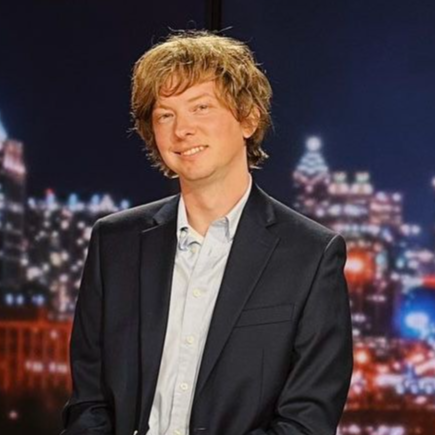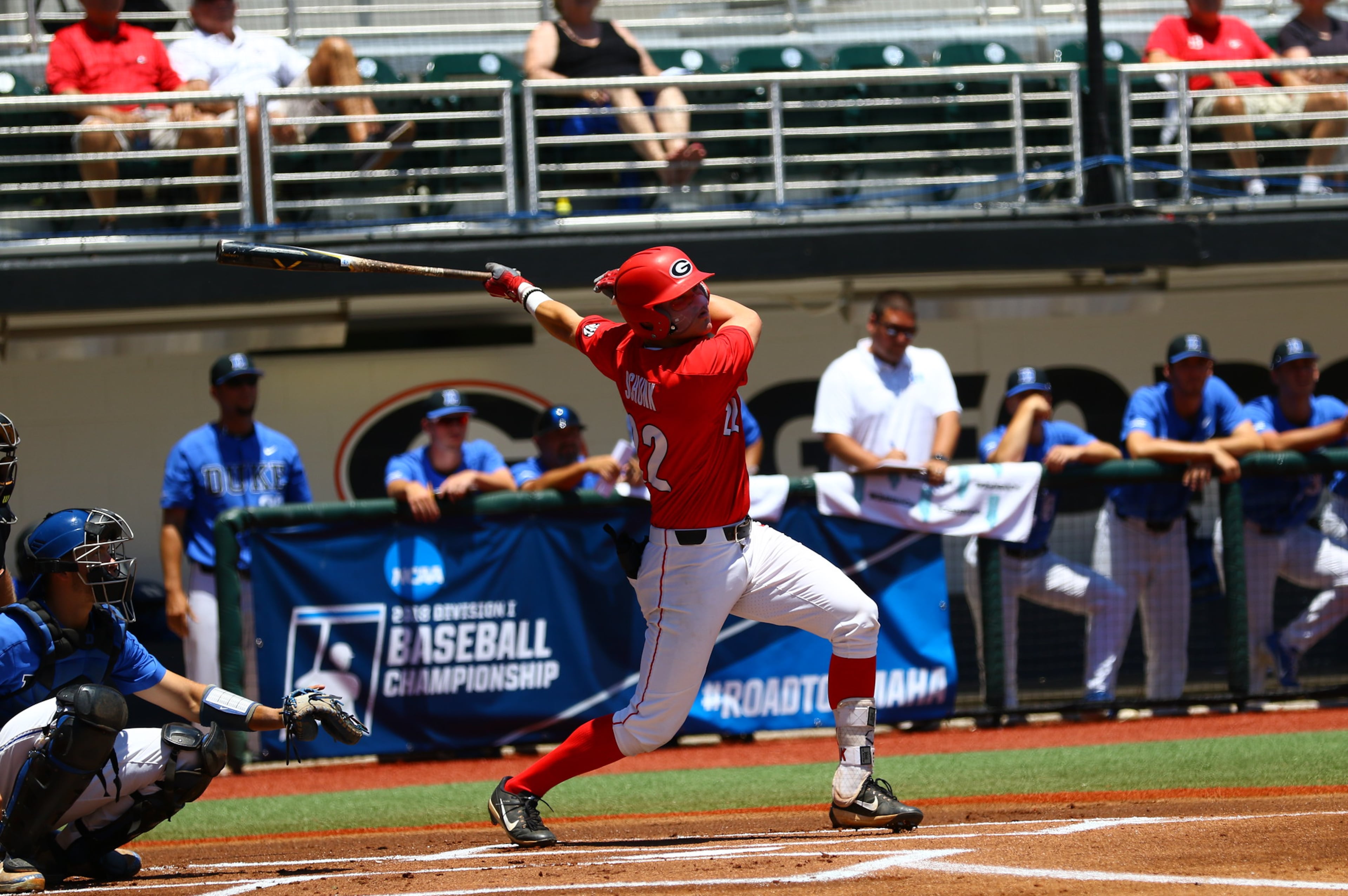On historic homer: ‘I’m going to get it over with right now’

Dusty Baker had signed a letter of intent to play basketball at Santa Clara. He didn’t really want to go there; it was his father’s preference. The MLB draft provided an alternate avenue, but Baker had his own preferences with that.
“I prayed that the Braves didn’t draft me,” he said. “I didn’t want to go to the South with the things I’d watched on TV.”
With the 504th overall pick in the 1967 draft, the Braves indeed selected Baker, a superb athlete from Riverside, California, who had that basketball scholarship offer on the table.
“Lord, you didn’t hear me,” Baker recalled thinking.
He and his mother flew to Los Angeles and Baker worked out with the Braves at Dodger Stadium. There he met Hank Aaron, a player he’d idolized. Aaron promised Baker’s mother he’d watch after him if he signed with the Braves. Aaron recommended he sign if Baker felt he could reach the majors by the time his class would’ve graduated from college; otherwise, just go to school.
“So I said my prayers and I said, ‘What do I do,’” Baker said. “I woke up the next morning and something told me to sign. That was the beginning of my relationship (with Aaron) and my career. That was the best thing that ever happened to me in my professional career: Signing with the Braves, going to the South and meeting Hank Aaron.”

Baker made the majors in 1968, playing six games as a 19-year-old. He and Aaron were teammates from that season through 1974, becoming life-long close friends.
“As a man from California in a very trying, tumultuous time, with anti-Vietnam, peace and love, Haight-Ashbury, freedom marches, riots; he was the perfect man for me at that time in my life. And Ralph (Garr) and I would go to the NAACP meetings with him and go to different meetings just because people wanted to be around Hank. They wanted his opinion or wanted his endorsement.”
A career highlight: Baker was on deck when Aaron launched home run No. 715, passing Babe Ruth’s all-time mark. The Braves are celebrating the 50th anniversary of that achievement Monday – “It feels like it was yesterday,” Baker said – and Baker will be here in Atlanta.
Here’s how Baker remembers the evening of April 8, 1974:
“We were all excited about it. That day was very cold. That was the coldest day I’ve ever been on a baseball field in Atlanta. There’s a lot of excitement. Hank didn’t appear nervous or out of the ordinary. He was always cool. So we all had our eyes on him, but we were playing the Dodgers, and we always wanted to beat the Dodgers. Hank walked in the first at-bat, and they booed (pitcher) Al (Downing). He wasn’t trying to walk him, he was trying to get him out.
“The second at-bat, he was trying to induce Hank into hitting into a double play. But Hank had told me, ‘He’s going to throw me this and that, this and that. And I’m going to hit it over the left-center wall.’ And I said, ‘OK, Hank.’ He goes, ‘I’m going to get it over with right now.’ I never doubted anything he said because he would always kind of tell me what he was doing on on-deck circles. Not to brag or reinforce his own thoughts, but he was teaching me as he was playing. That’s the kind of person and player that he was. Then he hit the ball over the fence. I didn’t run right up to the plate because I know that was his moment, so I stayed in the background even though I was super happy. I mean, very happy.”

Baker saw what Aaron endured as he chased history; the hate mail and criticism, especially during the 1973 season as he drew closer to the record. He admired how he handled it.
“That’s 50 years ago, man,” Baker said. “I mean, times were a lot different. Things are a bit better now, but you still see some of the same things rearing its ugly head now. So you don’t know if it will ever be gone, but it was, I believe, sincerely that Hank, similar to Jackie Robinson, brought people together all around the world because of how he handled it with class and dignity and humility. He really helped us as a people, but he also, like I said – there were a lot of people against it, but there are a lot of people that were for him and swayed towards better race relationships in this country.”
April 8: The day Hank Aaron became the home run king
2024 marks 50 years since Hank Aaron’s 715th historic and record-setting home run. Learn more about the man and his moment
Hank Aaron honored with new statue at Baseball Hall of Fame
April 2024: Braves honor Hank Aaron’s record and his life with ceremonies at Truist Park
Hank Aaron anniversary: About the animated image with glittering lights from AJC
Atlanta remembers: Where to find Aaron anniversary section, book from AJC
Dusty Baker | On historic homer: ‘I’m going to get it over with right now’
Furman Bisher | From 1974: A witness to history
Tom House | Getting a ‘thanks, kid’ after delivering the historic memento
Ralph Garr | ‘God knew what he was doing’ picking Hank Aaron to break home run record
From 2021: Hank Aaron’s funeral a tribute to more than a baseball great
Our coverage of Hank Aaron’s 50th anniversary of 715



